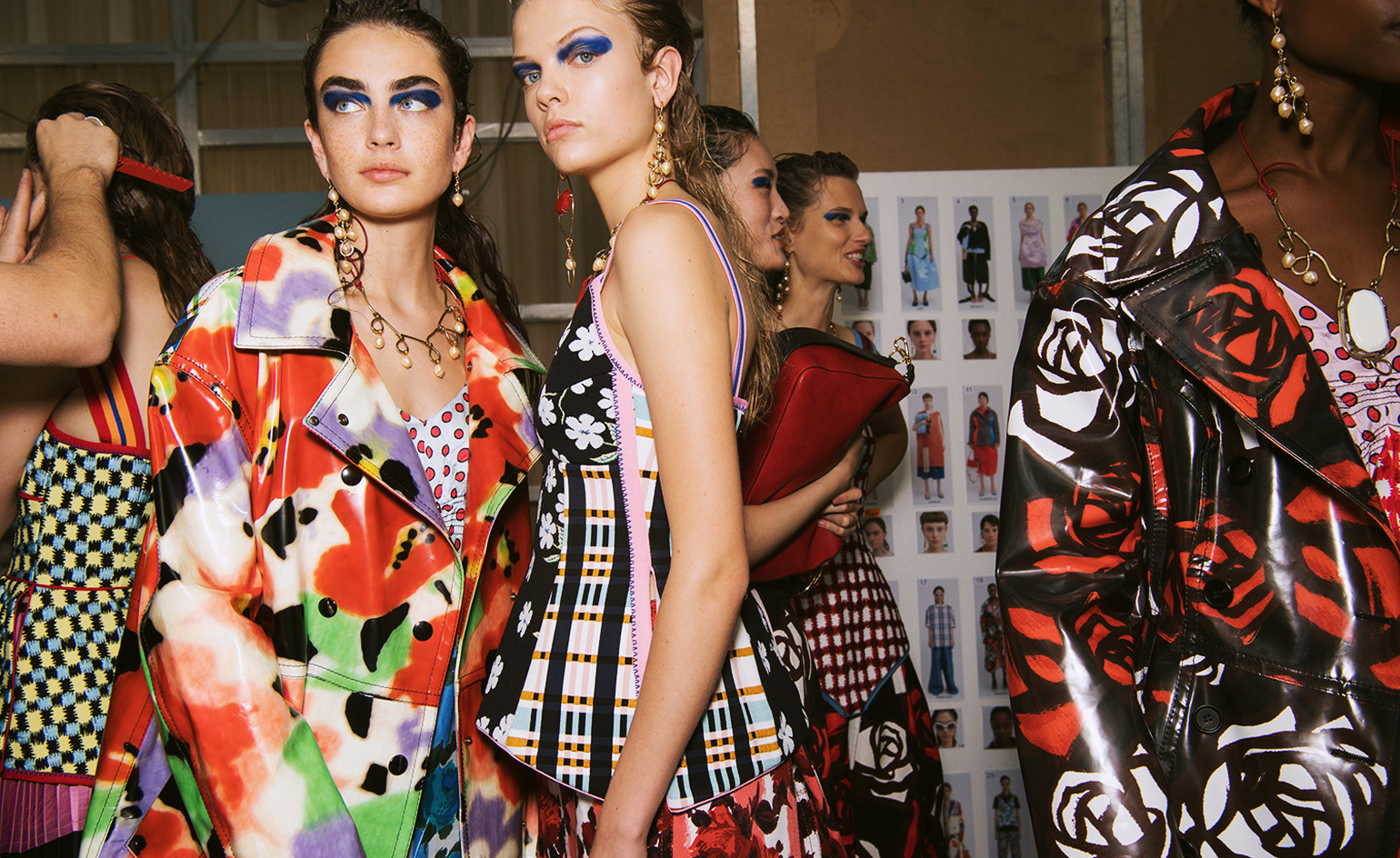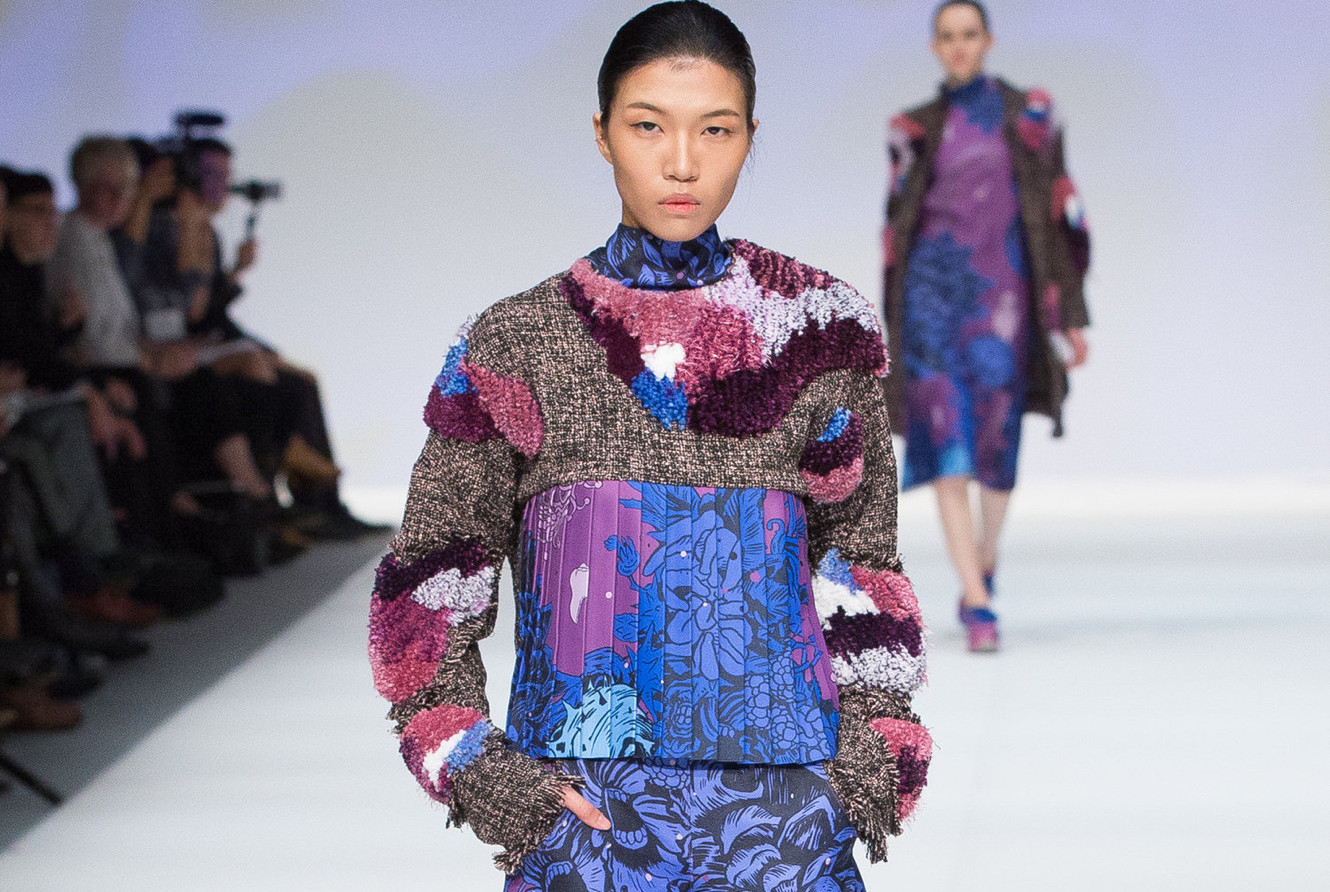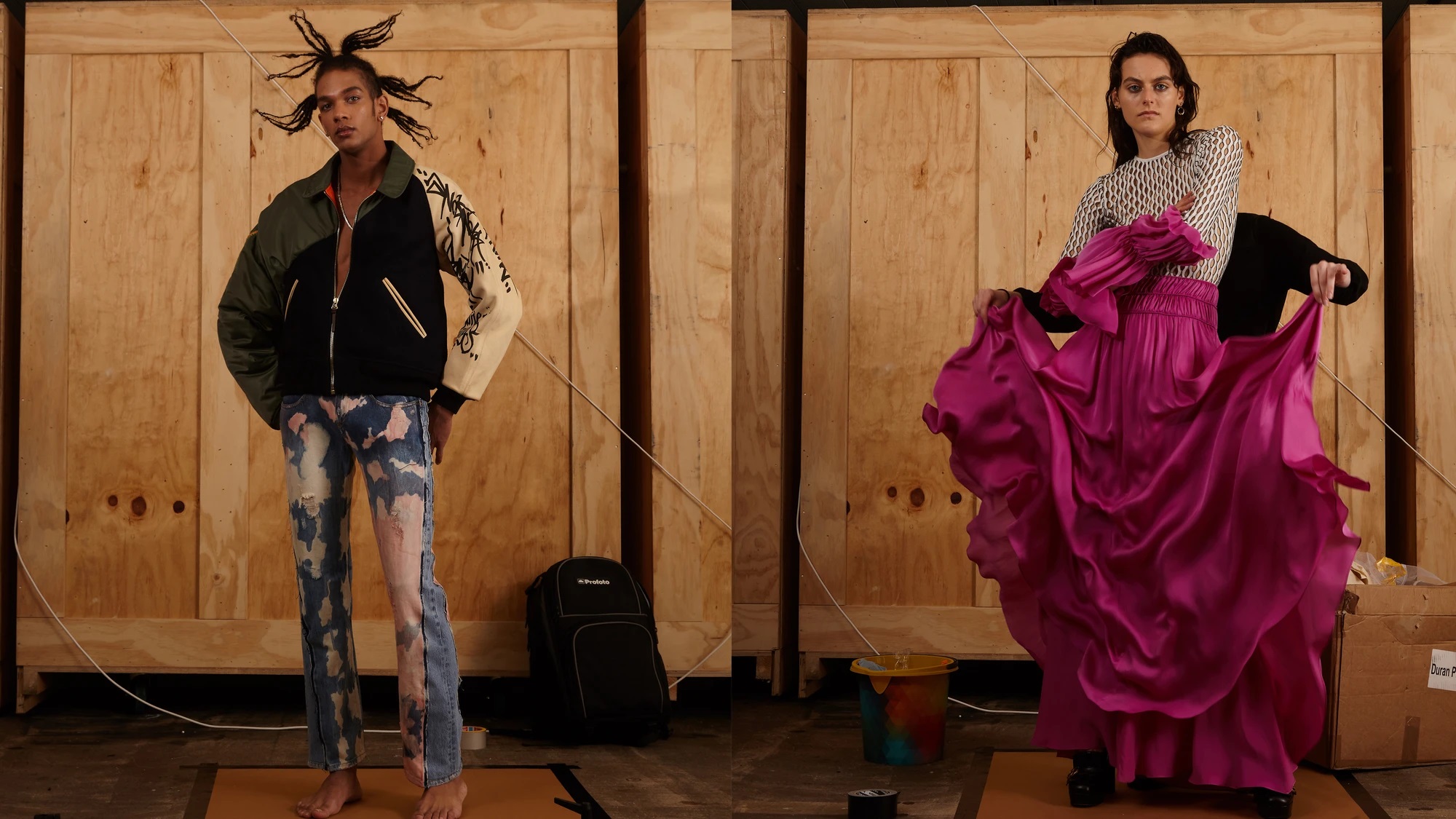Upcycling clothes has become the new trend for 2021. Considering the damaging effects of overproduction in the fashion industry, upcycling shouldn’t be just a trend, but a lifestyle.

Fashion trends come and go like seasons in a year. Following a new trend feels stylish and luxurious. But once the trend eventually ends, we are stuck with these clothes. And in a year’s time, we are left wondering why we ever bought them.
This mentality of fad trends is a major contributor to the dwindling health of the environment. Upcycling is a great way to tackle the fashion industry’s massive impact. Many major fashion brands began upcycling with restrictions imposed by the pandemic. Designers turned to materials already in the studio rather than shipping in new fabrics.
The Obsession With New
On the luxury side of the fashion world, unsold goods are burned or thrown away in a bid to preserve their value. Yes, thousands of dollars-worth of expensive goods are disposed of. This unethical practice has since been banned in France.
Although the regular person doesn’t burn their clothes, that doesn’t make us any better. We buy new clothes each season. After a year, we come back and think “I’m just not that into you”. And the cycle continues, until a lump of clothing grows in the back of our wardrobe. Eventually, these clothes might be donated, but not always.
It’s time to upcycle your own wardrobe. Turn those old jeans into shorts, or a plain tee into a crop top. Studies have shown the highest proportion of greenhouse gas emissions from the fashion industry come from the production of textiles. Sarah Arnold, co-founder of campaign group Fashion Act Now told Vogue,
“We have enough textiles that we’ve already produced to last us, and yet we’re still producing masses of clothes from virgin materials.”

Fashion Stomping on the Environment
The fashion industry’s primary problem is overproduction. In 2015, studies showed that the fashion industry was responsible for 92 million tons of waste sent to landfills. When narrowed down, it is equivalent to 86,400 garbage trucks full of trash every day heading to landfills.
According to the United States Economic Commission for Europe, the fashion industry produces 10 percent of global carbon emissions and 20 percent of global wastewater. A clothing item as simple as a single cotton t-shirt requires over 700 gallons of water. Whereas upcycling a pre-existing shirt needs nearly no water. The contaminated water is often dumped into natural bodies of fresh water which harms aquatic life and potentially people. Sustain Your Style has stated that the high amounts of lead mercury and arsenic turn wastewater incredibly toxic.
Luxury Brands Changing Their Habits

Since COVID-19’s effects on the distribution of materials, there has been a significant shift within the fashion industry. Balenciaga made a shaggy coat from shoelace fur. Coach reworked bags from the 1970s. Meanwhile, Marni patchworks outerwear from existing garments.
Duran Lantik reassembles deadstock garments from brands including Gucci and Prada, to create new high-end pieces. Since the pandemic began, he had noticed the rise in enquires from major retailers and brands looking to collaborate with him. The Dutch designer told Vogue,
“There’s been a lot of interest… It’s kind of scary at the moment – it’s necessary for retailers to think about what to do with deadstock.”
Upcycling forces designers to reflect on their creativity and envision the potential of existing materials. The exclusivity can become a great advantage to major brands. Cecile Bahnsen started creating Encore collections for surplus materials this year. The Danish designer told Vogue,
“Once there isn’t any more fabric on the roll, you move on to another leftover roll… It makes the product more exclusive and limited, and adds value.”
Upcycling is a new trend that challenges designers. But in order to rebuild the natural environment, upcycling needs to become a lifestyle.
Subscribe to FIB’s Weekly Alchemy Report for your weekly dose of music, fashion and pop culture news!







